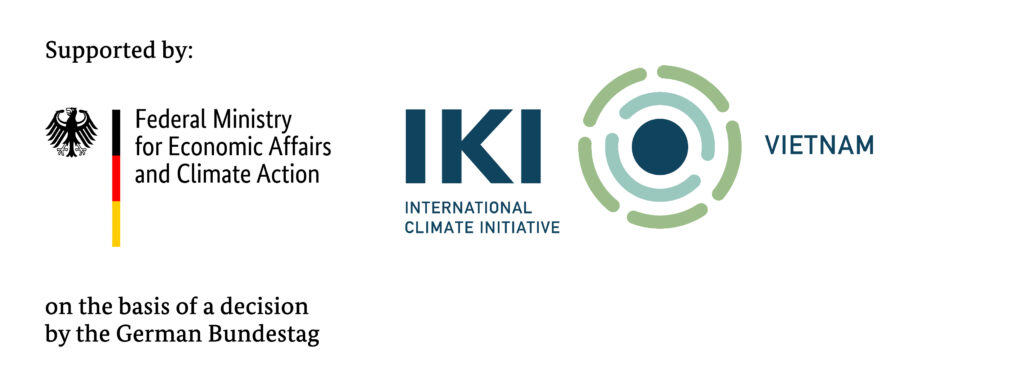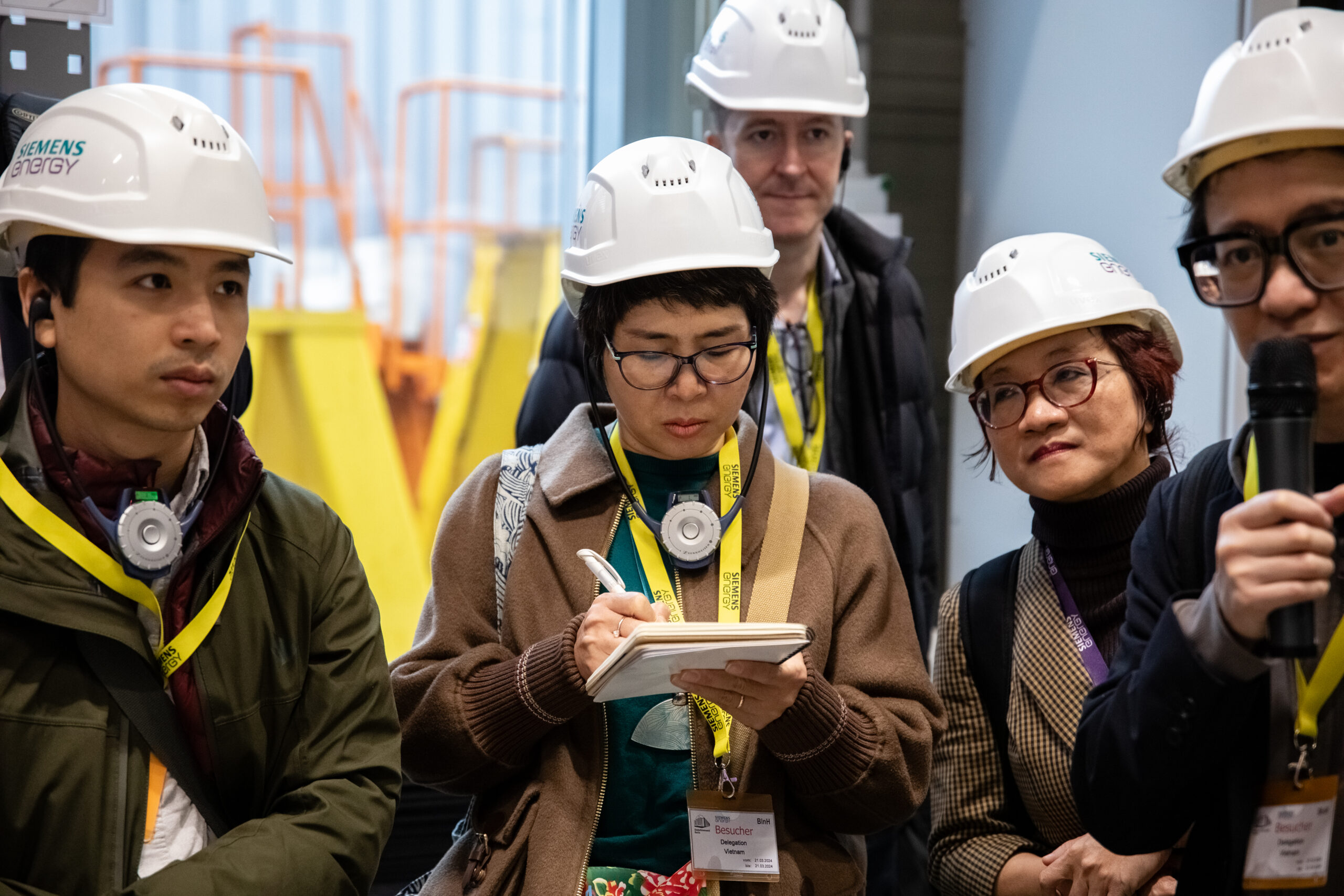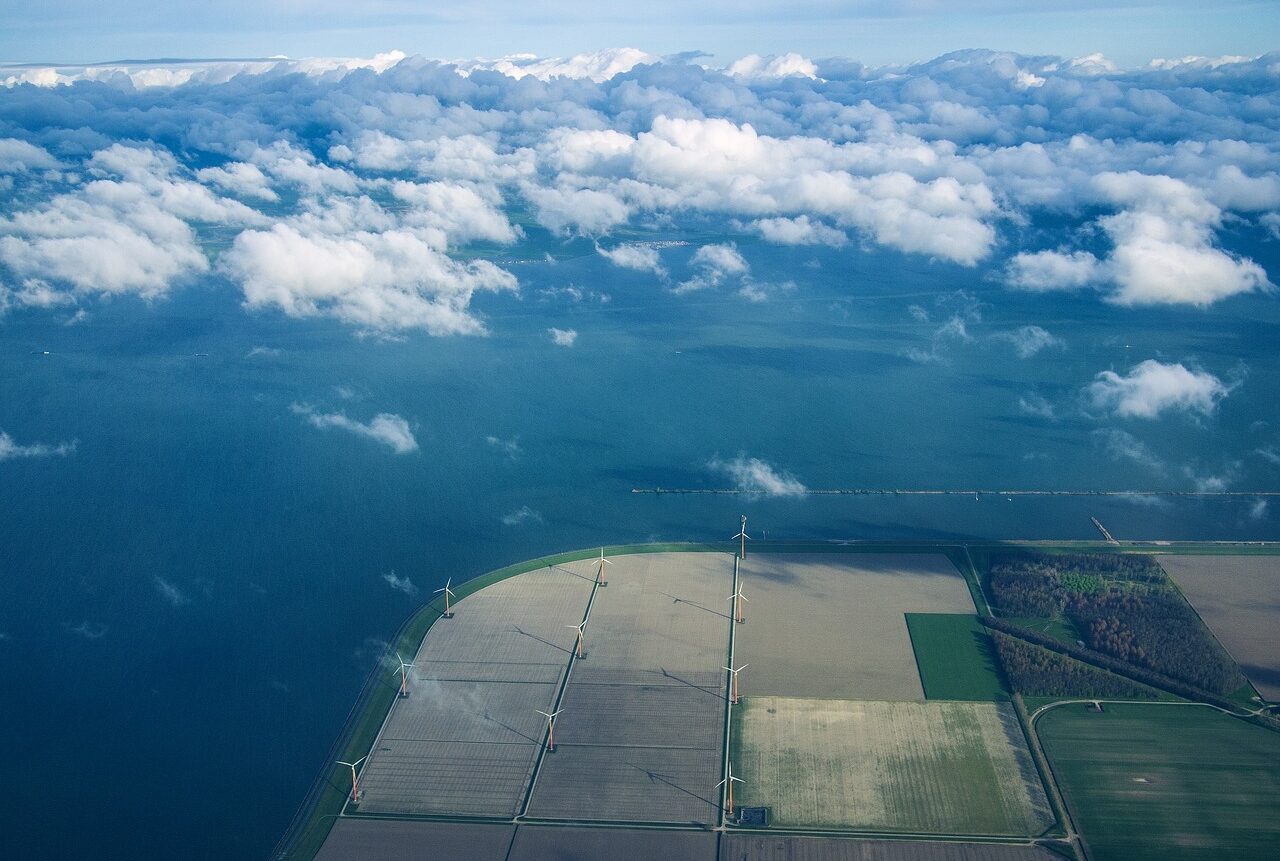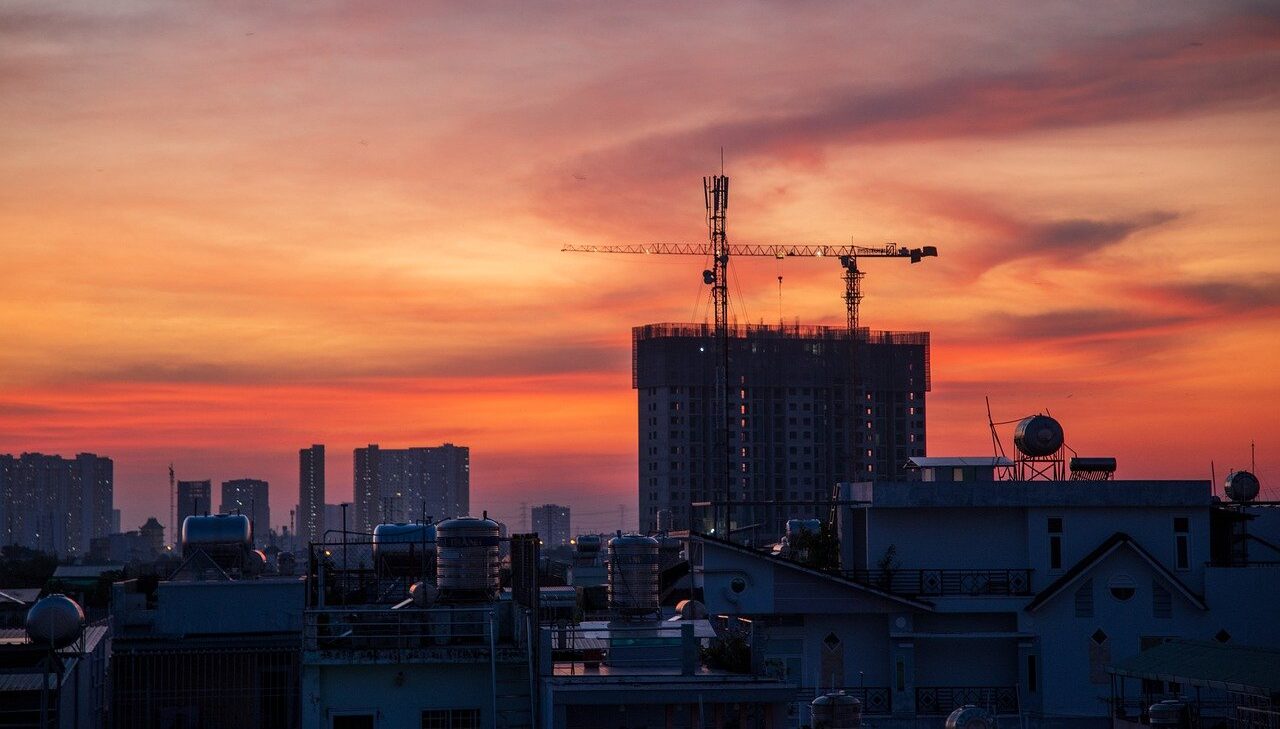Vietnam consumed nearly 2,600 tonnes of Hydrochlorofluorocarbons (HCFC) in 2020, nearly 1,000 tonnes less than in 2019. HCFCs, which are chemical compounds commonly used in the refrigeration and air conditioning sectors, destroy the ozone layer and contribute to climate change.
In 1994, Vietnam was one of the first countries to join the Vienna Convention for the Protection of the Ozone Layer and the Montreal Protocol on Substances that Deplete the Ozone Layer. The Montreal Protocol sets binding progressive phase-out obligations for countries, covering all major ozone depleting substances, including HCFCs. The Vietnamese Government has begun a project to eliminate HCFCs coordinated by MONRE.
MONRE is currently implementing the second phase of Vietnam’s project on eliminating HCFC substances for 2018-2023 (HPMP II), which is funded by the World Bank. The project aims to reduce Vietnam’s HCFC consumption by 35 percent, a commitment under the Montreal Protocol.
The project has provided technical and financial support to enterprises manufacturing air conditioners, refrigeration equipment, and foam insulation in line with conditions set by the Multilateral Fund for the Implementation of the Montreal Protocol. Vietnam is expected to issue further regulations banning the import of certain HCFCs (specifically, HCFC-141b pre-blended polyol used in the production of foam insulation) from 1 January 2022.





